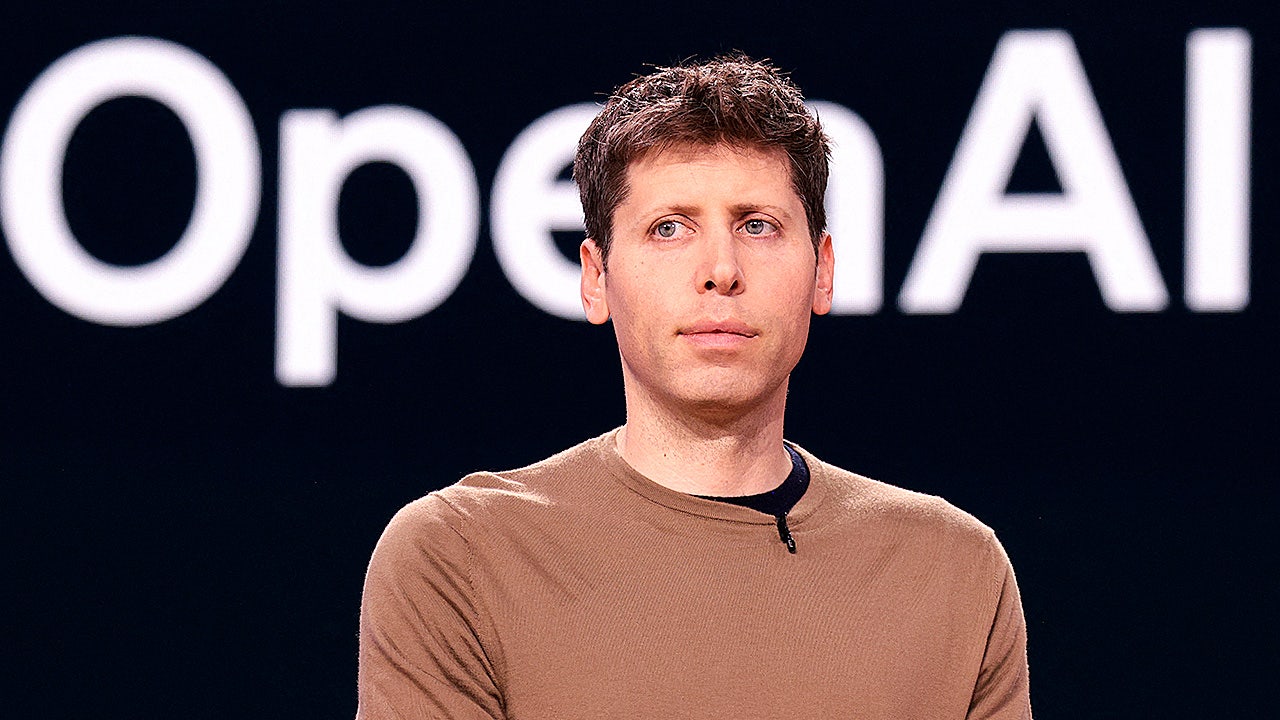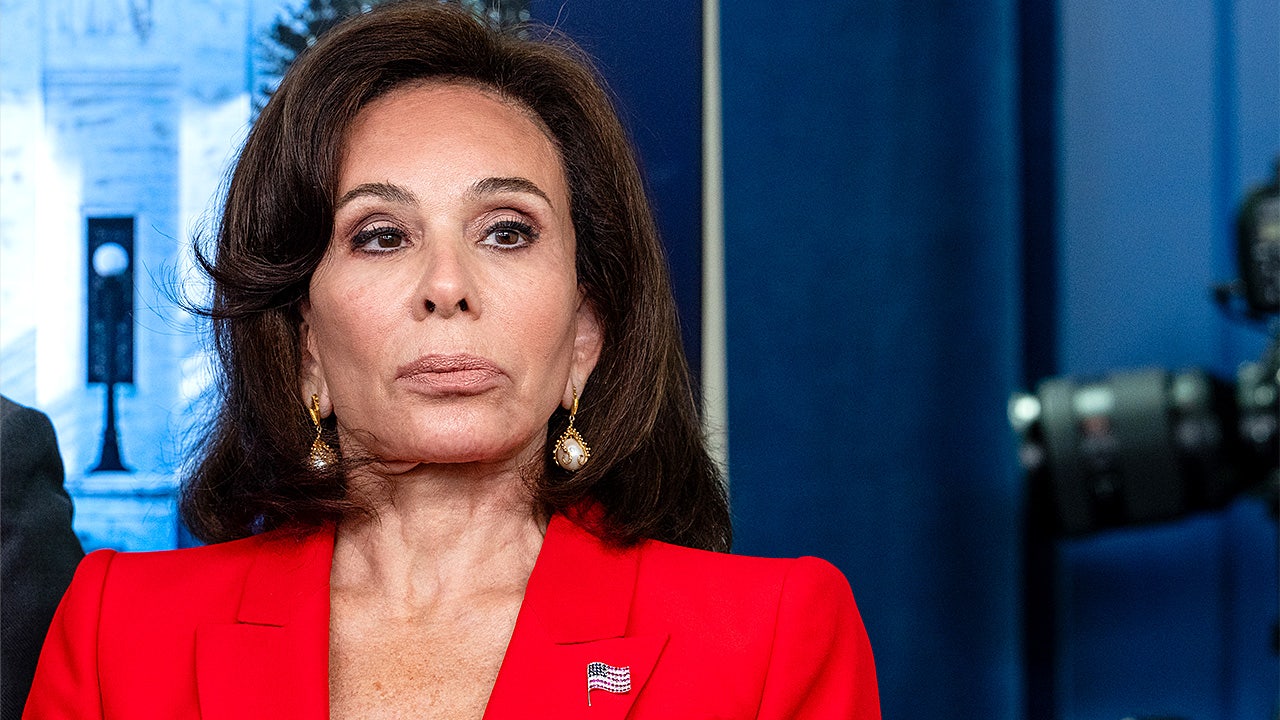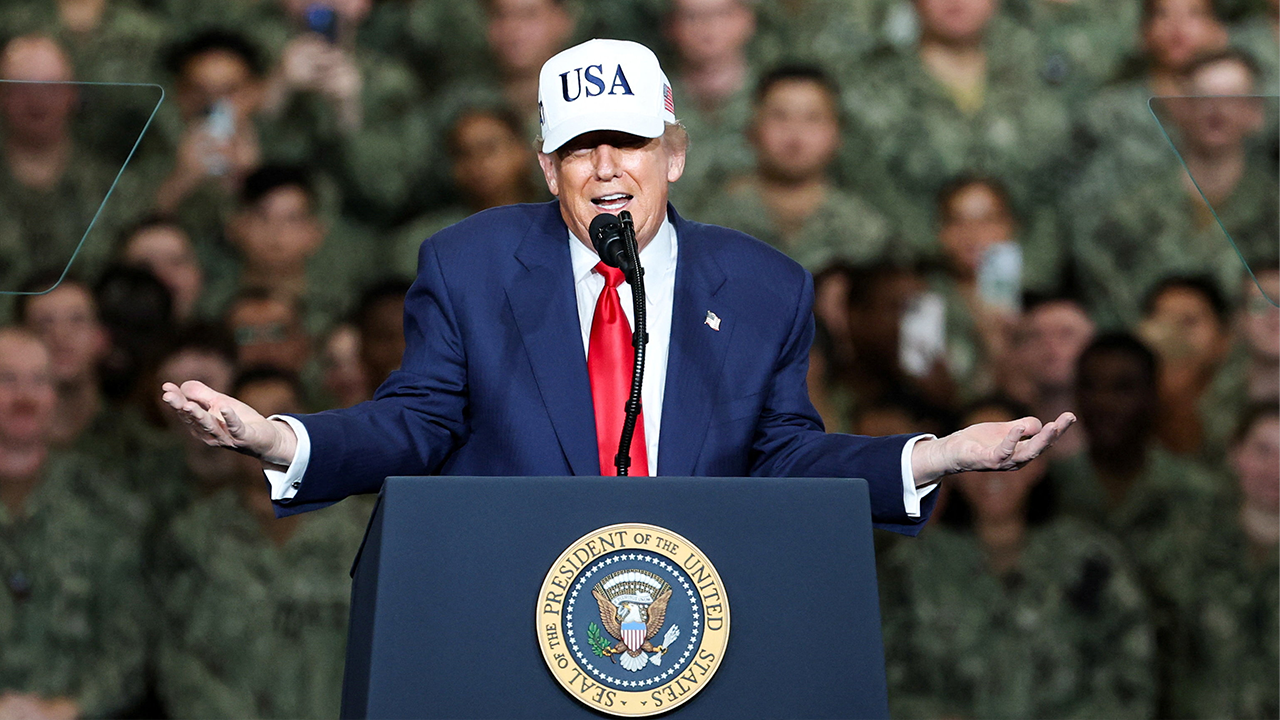The State of Michigan is canceling a $175 million grant for an electric vehicle battery facility that lawmakers, residents, and local officials had heavily criticized over its ties to the Chinese Communist Party. Michigan governor Gretchen Whitmer (D.) had repeatedly defended the project from criticism, even after its CCP ties became more apparent and opposition grew louder.
According to Michigan’s economic development agency, the project’s developer, Gotion Inc., violated the terms of the grant agreement since it hadn’t conducted construction or development activities on the proposed site of the facility for more than 120 days. The agency first informed Gotion leaders that the company was in “default of its obligations” under the agreement in a September letter obtained by the Washington Free Beacon.
The letter gave Gotion 30 days to resolve the issue. On Thursday, the agency determined the issue had not been resolved, canceled the grant altogether, and ordered the company to repay the nearly $23.7 million in funding it had already received under the agreement. The decision will also prevent Gotion from cashing in on more than $500 million in tax incentives.
Chuck Thelen, Gotion’s vice president of North American operations, confirmed to the Washington Free Beacon that the company will not move forward with the project.
“While this is not the outcome we hoped for, we recognize the tremendous responsibility we have to the people we serve to make sure their hard-earned tax dollars are spent wisely and appropriately,” the Michigan Economic Development Corporation said in a statement.
While the Michigan Economic Development Corporation is a public-private partnership, Whitmer-appointed officials at the agency oversaw the grant on behalf of the state.
It’s a stunning turn of events that represents a political black eye for Whitmer. The Michigan governor unveiled the grant in October 2022 with great fanfare, declaring at the time that Gotion’s project would help make the state a “global hub of mobility and electrification.” The grant was also one of the first and largest that Whitmer awarded under her signature Strategic Outreach and Attraction Reserve, which was created months earlier to attract private investment.
And it’s a resounding victory for opponents who decried the project over its CCP ties and how state leaders fast-tracked it in secret with minimal public input. Opponents included state and federal Republican lawmakers, national security experts, local residents, and municipal leaders.
“This was a textbook subnational incursion and influence operation. You don’t subsidize these things, you stop them,” former U.S. ambassador Joseph Cella, a cofounder of the Michigan-China Economic and Security Review Group, told the Free Beacon. “Unconscionably, the government and business elites who conceived and championed this ‘deal’ in a very secretive and fast-moving manner did not perform basic strict scrutiny and due diligence.”
“These projects were never designed to benefit the local communities,” added Marjorie Steele, the director of the Economic Development Responsibility Alliance of Michigan. “They were designed to allow individuals to profit. It’s as simple as that.”
Gotion is the California-based subsidiary of Hefei, China-based Gotion High-Tech. The Chinese company’s corporate bylaws state that the company is required to “carry out Party activities in accordance with the Constitution of the Communist Party of China.”
The company also hosted multiple company trips in 2021 to CCP revolutionary memorials in Anhui Province, China, the Daily Caller News Foundation first reported. During the trips, Gotion High-Tech employees wore Red Army outfits and pledged to “fight for communism to the end of my life.” In addition, Gotion’s chief technology officer attended multiple CCP meetings in China.
Gotion is itself listed as a Chinese foreign principal, according to Foreign Agents Registration Act (FARA) disclosures filed in 2023. Following a review from the Department of Justice’s FARA office, those disclosures were amended in July 2024 to state that the Chinese government subsidizes Gotion.
Former CIA directors Leon Panetta and Mike Pompeo warned Gotion’s facility in Michigan could be used for Chinese espionage during testimony before the House CCP Select Committee last year.
Still, Whitmer stood by Gotion. “We can’t waver. We can’t let people who want to pigeonhole this good opportunity for Michigan from their own political need to win,” Whitmer said in June 2023 amid growing opposition. “If you do business in Michigan, we’re going to live up to our end of the deal. They need to know there is stability.”
Later that year, however, local residents organized a successful recall effort in Green Charter Township, which was home to the proposed location of Gotion’s facility. The effort led to the ouster of township officials who backed Gotion’s project and replaced them with those who opposed it. The new leaders immediately rescinded the existing development agreement between Green Charter and Gotion, throwing a wrench in the company’s plans to move forward with construction and forcing it to seek legal remedies.
Thelen, Gotion’s vice president of North American operations, told the Free Beacon those efforts are what ultimately led to the project’s demise.
“Gotion has not abandoned its project in Green Charter Township,” Thelen said in a text message. “Gotion, however, recognizes the significance of the hurdles that have been placed in front of this project by those who oppose it. And, it is true that the local municipalities’ actions are presenting a barrier to the project proceeding and, without their support, neither this project nor any other project could be completed. The current steps taken by the [state] are a direct result of those actions by the local municipalities.”
Thelen added that the company would welcome conversations with alternative state local governments regarding future development.
Mark Heusel, a lawyer for Gotion, declined to comment.
Read the full article here







